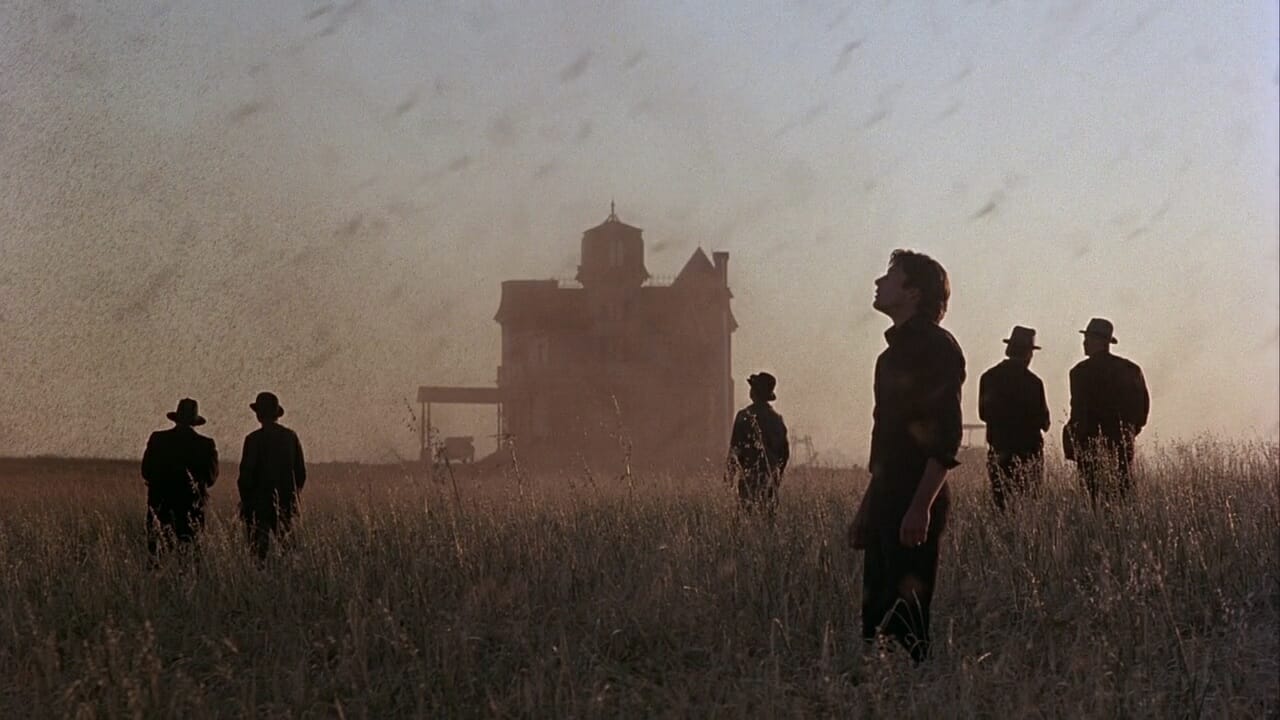-
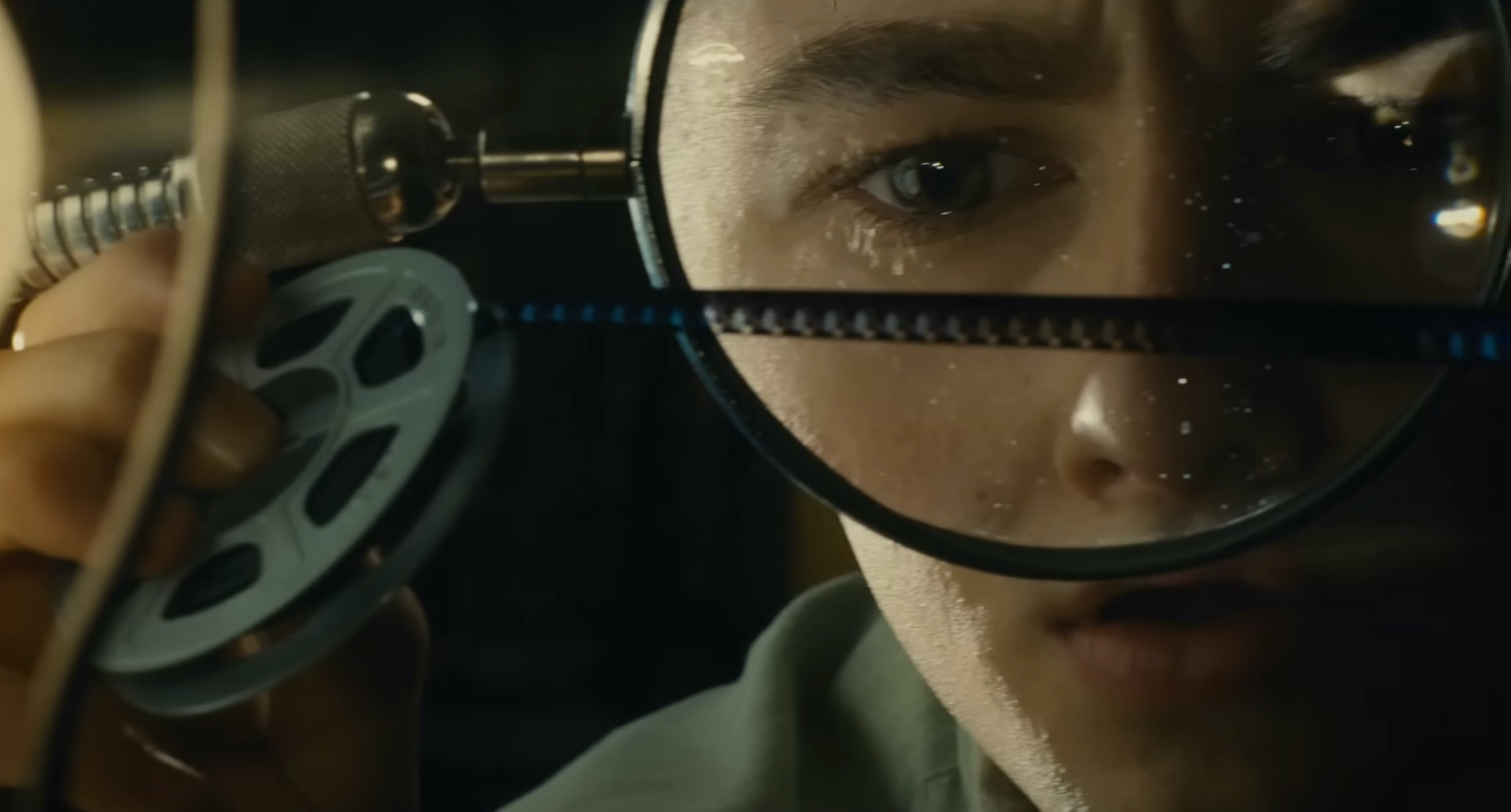
The Fabelmans (2022)
Despite the odd flash of visual inspiration and dissection of cinema’s raw power, The Fabelmans is not so interested in pushing formal boundaries than offering a pure insight into the youth of its own director, Steven Spielberg, whose memories, fears, and passions eloquently flow through what is his most personal film yet.
-
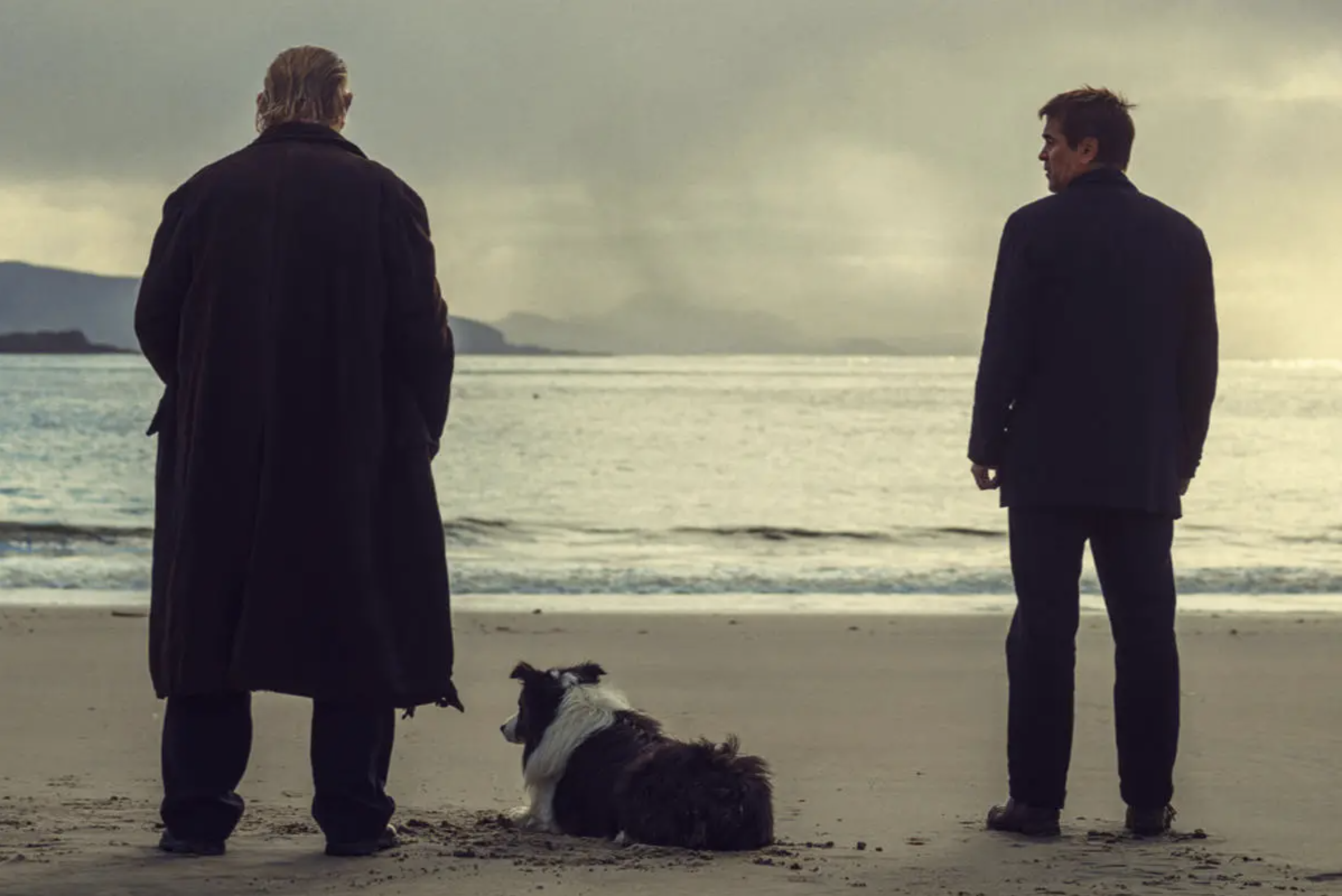
The Banshees of Inisherin (2022)
Whether it through deathly omens or visceral threats, violence in The Banshees of Inisherin never comes without warning, as Martin McDonagh powerfully settles an air of dread over a rural Irish community on the outskirts of civil war where his darkly comical fable of petty feuds and broken brotherhood unfurls.
-
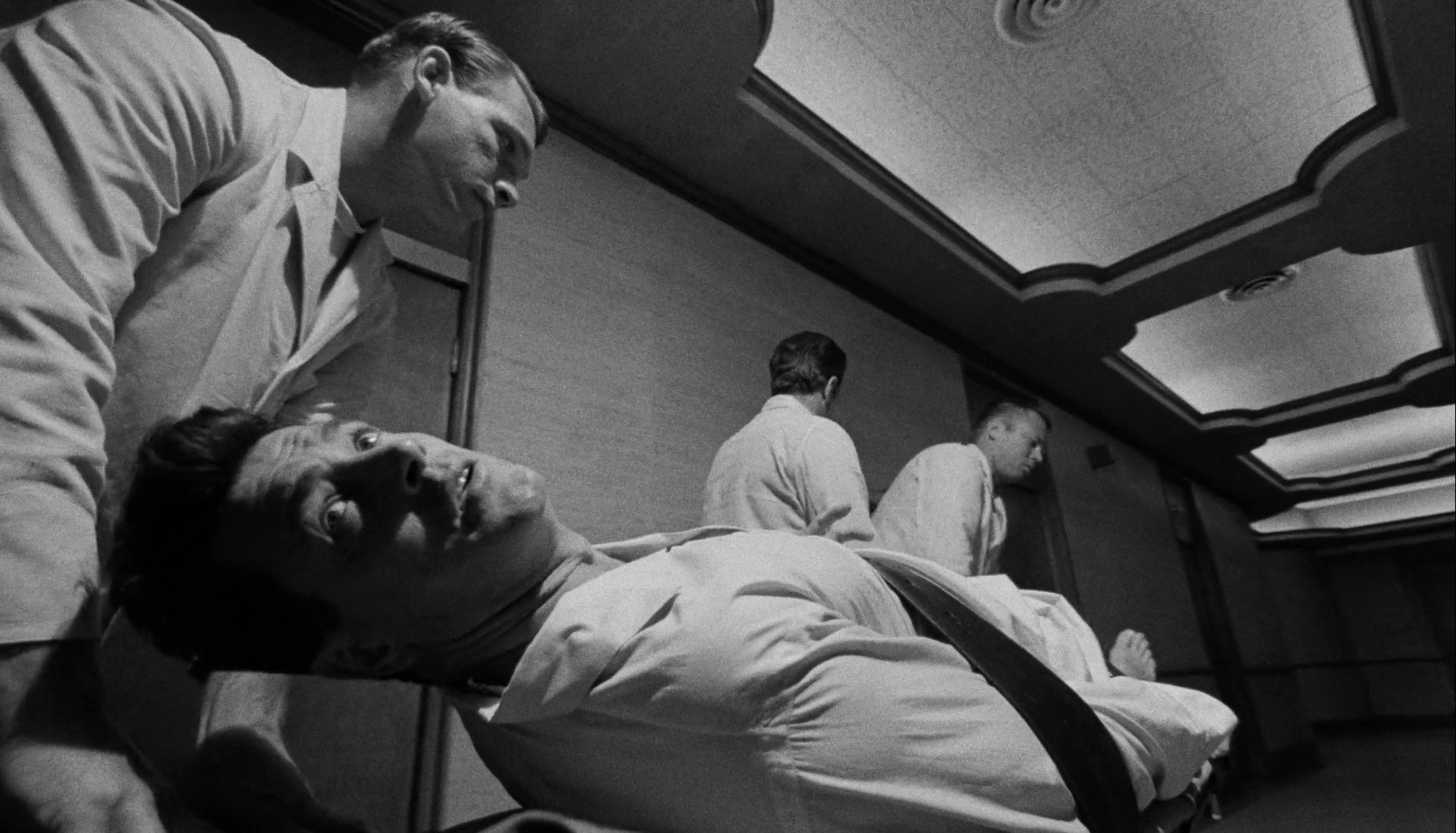
Seconds (1966)
In the absurd, Kafkaesque nightmare of Seconds, rebirth into a new body and life is a prospect that only the wealthy can afford, though what starts as high-concept sci-fi is transformed into psychological horror under the steady hand of John Frankenheimer, whose intrusive camerawork and unsettling narrative carves out existential musings over the source of…
-
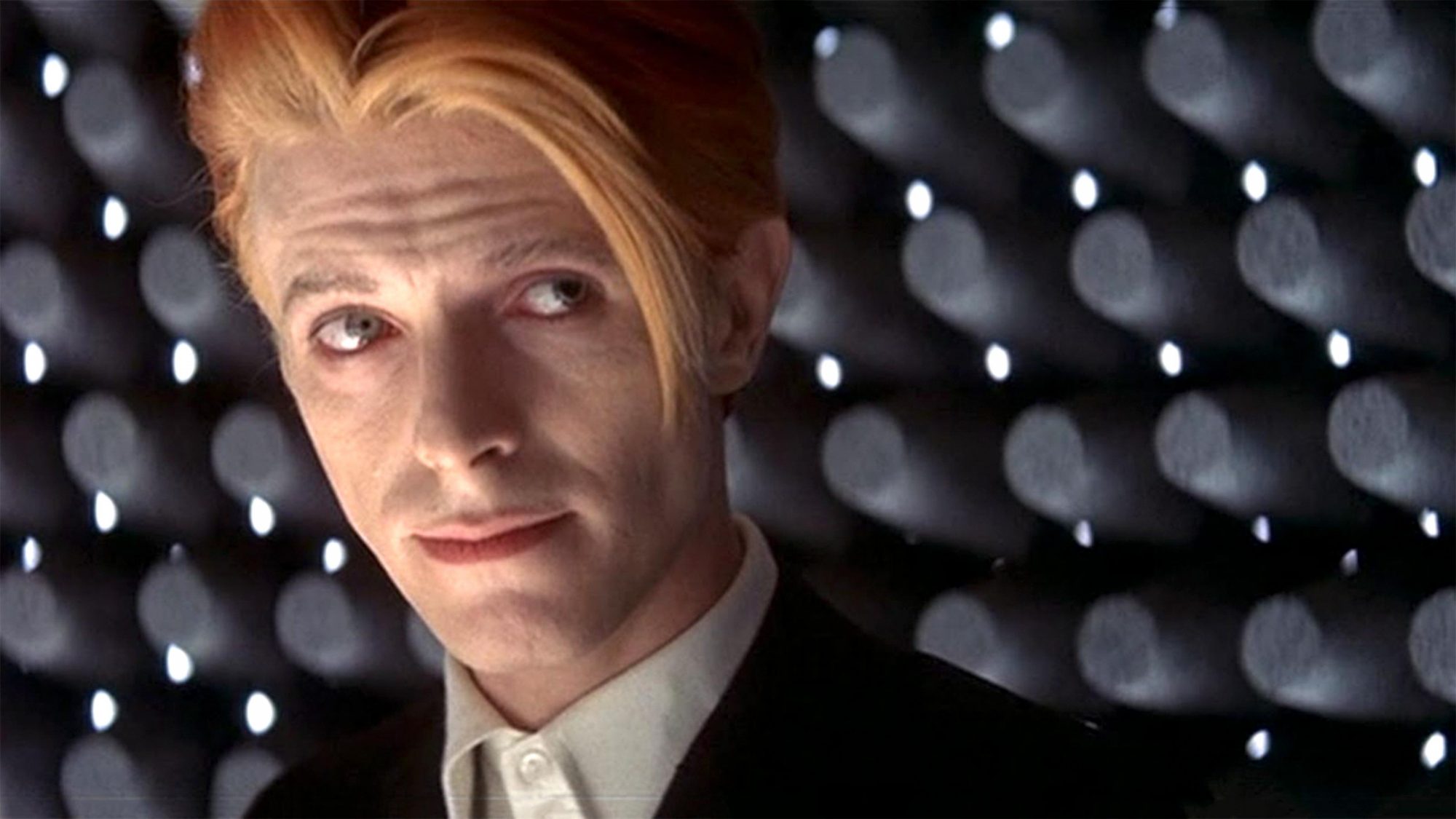
The Man Who Fell to Earth (1976)
The title The Man Who Fell to Earth may suggest a science-fiction tale of great wonder, but in skilfully piecing together an eccentric array of montages, flashbacks, and cutaways, Nicolas Roeg seeks to understand David Bowie’s androgynous extra-terrestrial from a more sociological perspective, literalising the alienation felt by citizens of a material, modern world.
-
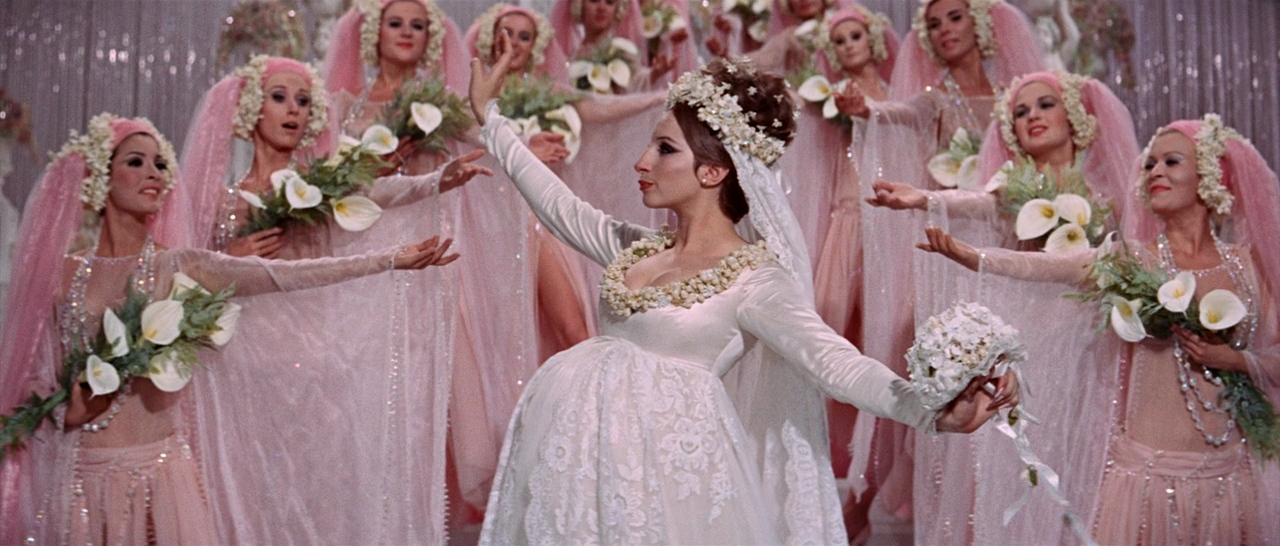
Funny Girl (1968)
Whatever compassionate respect that comedienne and Broadway star Fanny Brice was denied in her lifetime, Barbara Streisand and William Wyler make up for in their representation of her as a sensitively layered figure in Funny Girl, radiating an upbeat irreverence and vibrant musicality out from this subversive innovator of women’s roles in American entertainment.
-
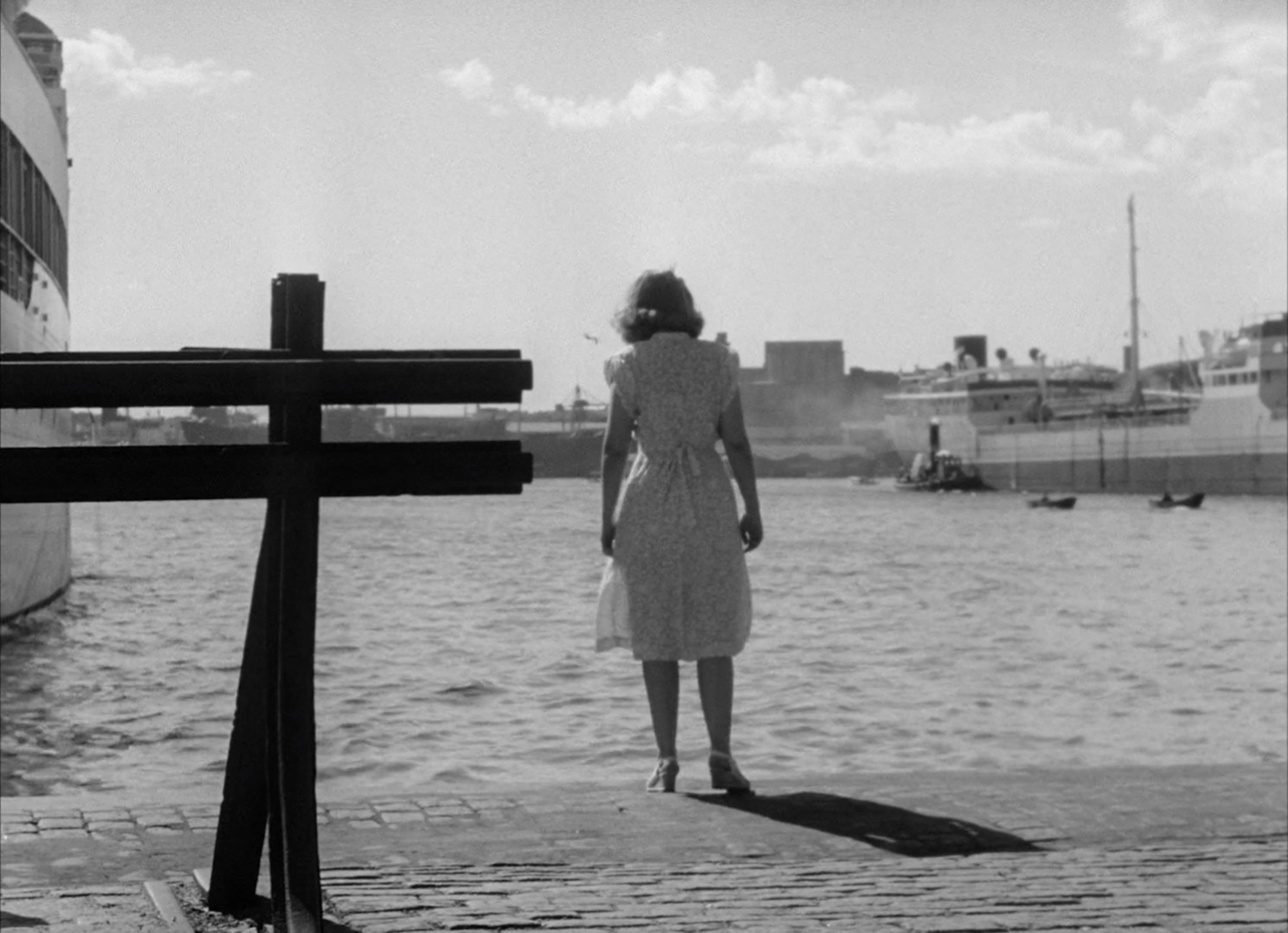
Port of Call (1948)
Romantic melodrama may be the basis of Port of Call’s romantic storyline, and yet in the authentic location shooting and miserable suffering of its suicidal protagonist, Ingmar Bergman imbues it with a discomforting grit inspired by Italy’s neorealist movement, setting in a bleak tone that sees old traumas surface and threaten the chance for new…
-
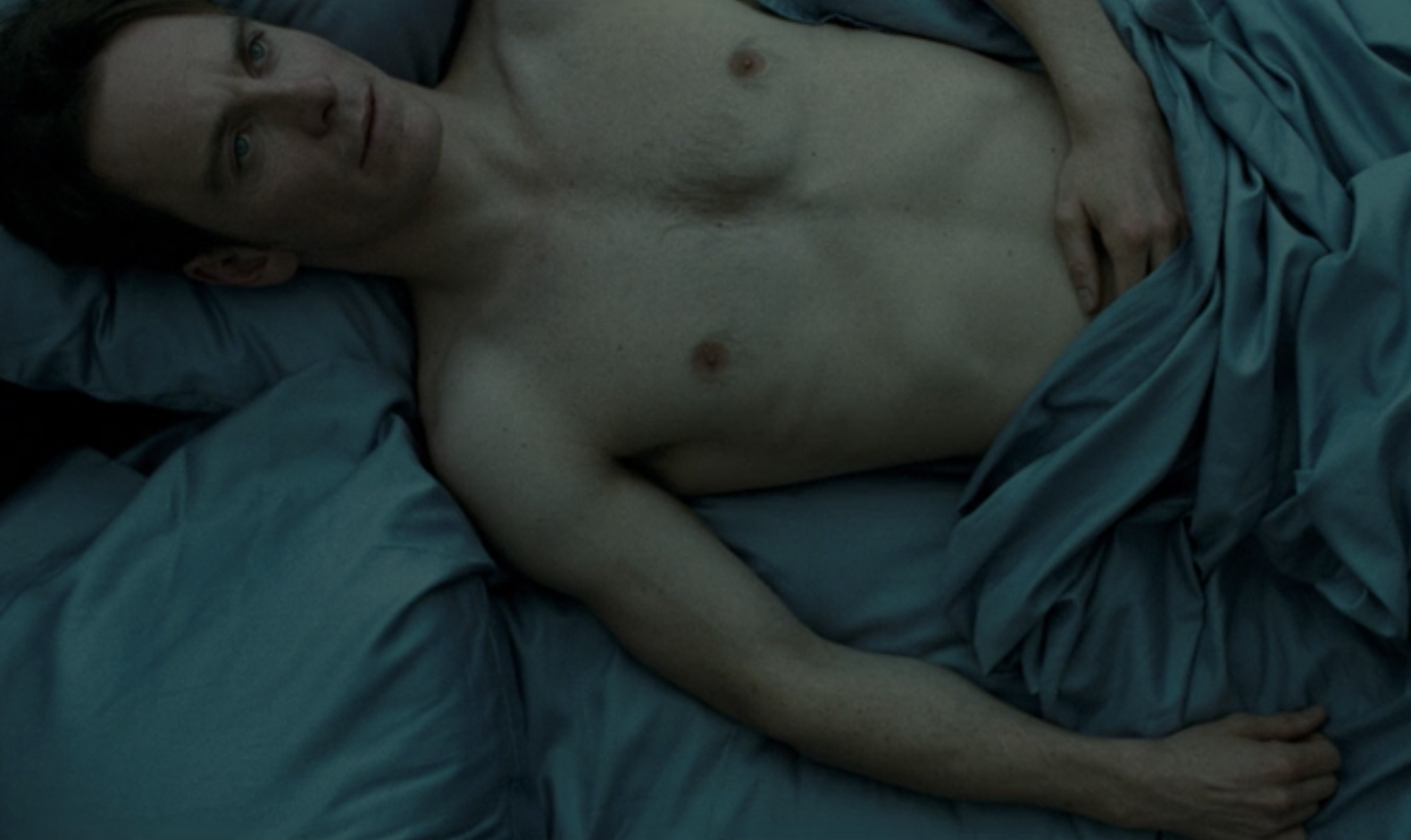
Shame (2011)
Pleasure and pain are woven into a single paradox within Shame’s study of a self-loathing sex addict, suffocating him in an oppressive frigidity that presses in through Steve McQueen’s cold, blue palettes, and hypnotising him in a reverie of montages moving through the same wretched, compulsive cycles.
-
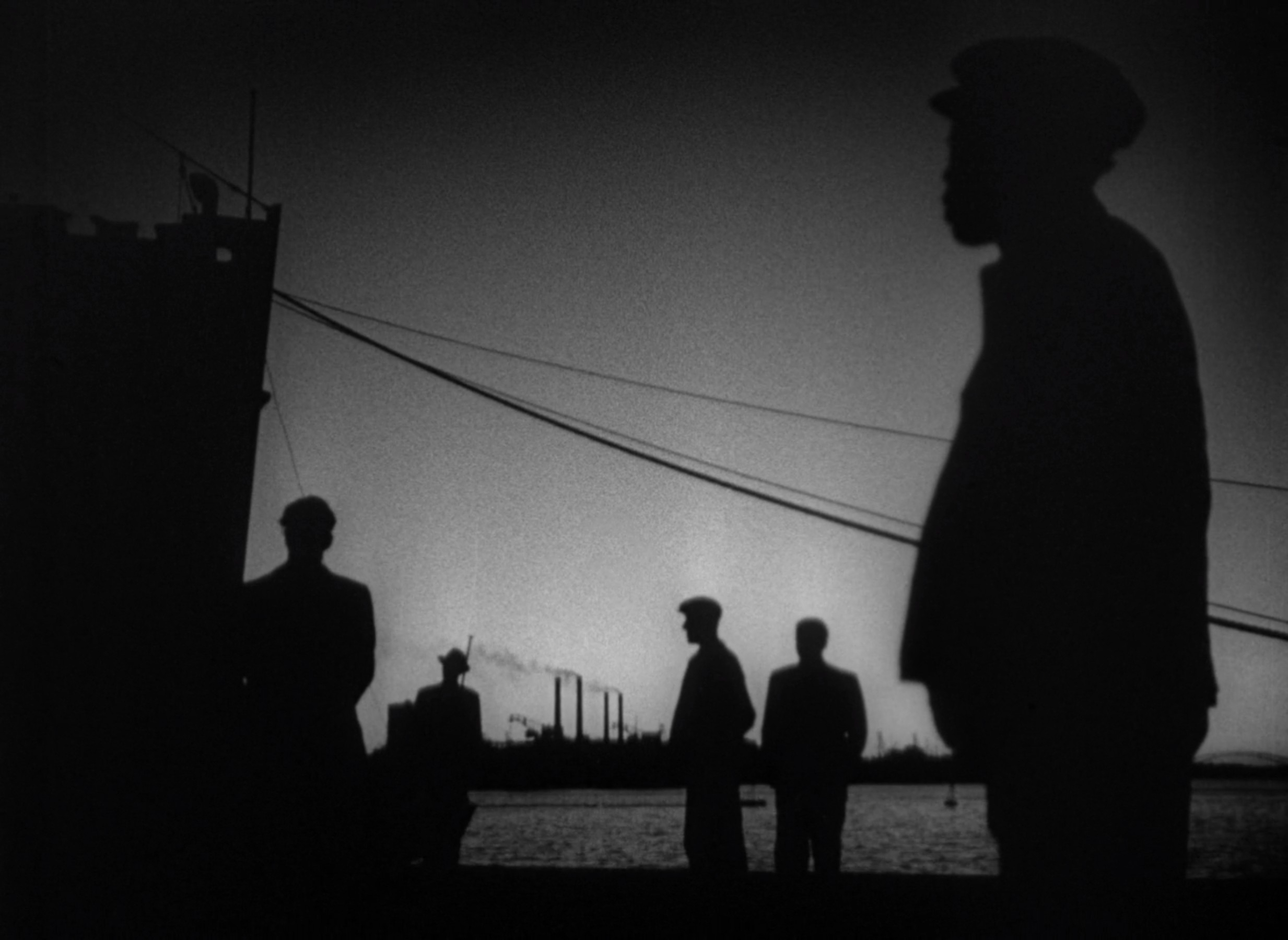
A Ship Bound for India (1947)
An air of fleeting transience hangs over A Ship Bound for India, embodied literally by the industrial ships sailing from one dock to the next, and formally weaved into the narrative as an extended, nostalgic flashback, revealing a confidence in Ingmar Bergman’s direction that probes the Oedipal dynamics between a sailor, his father, and his…
-
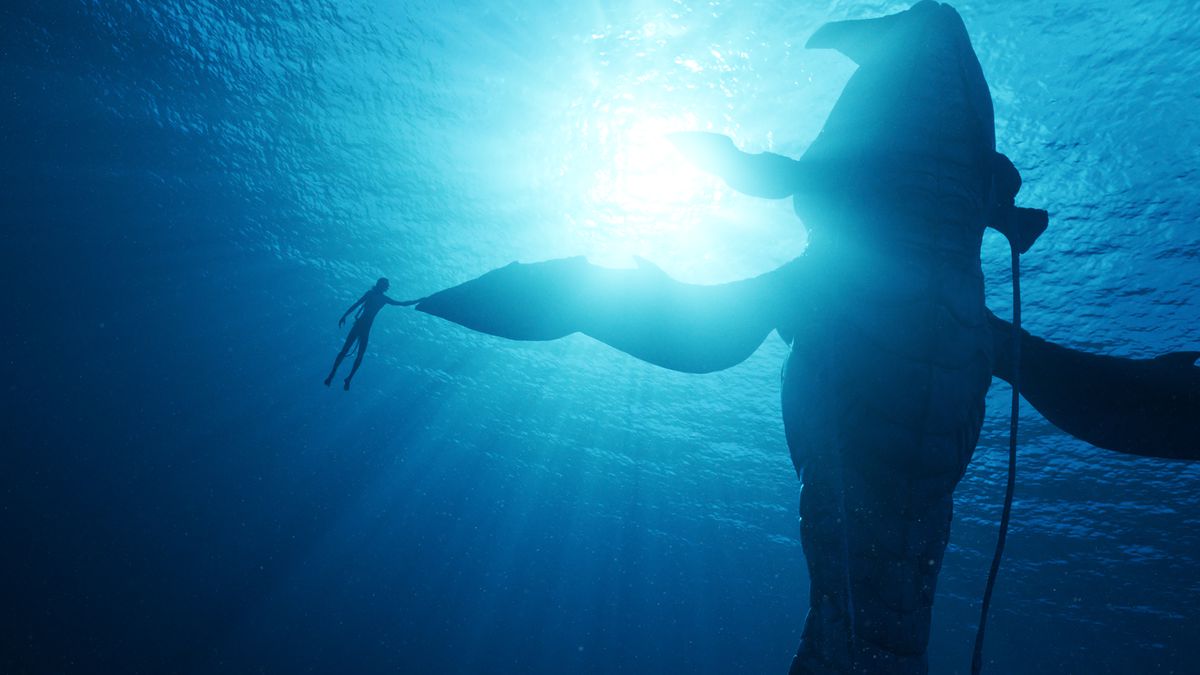
Avatar: The Way of Water (2022)
The sentimental heart of Avatar: The Way of Water is not lost in Cameron’s ingenious, visual invention, but rather melds with its spectacle to sweep us away on waves of transcendent wonder, spectacularly building the world of Pandora out into alien islands and sentient reefs where we are left to marvel at the remarkable abnormality…
-
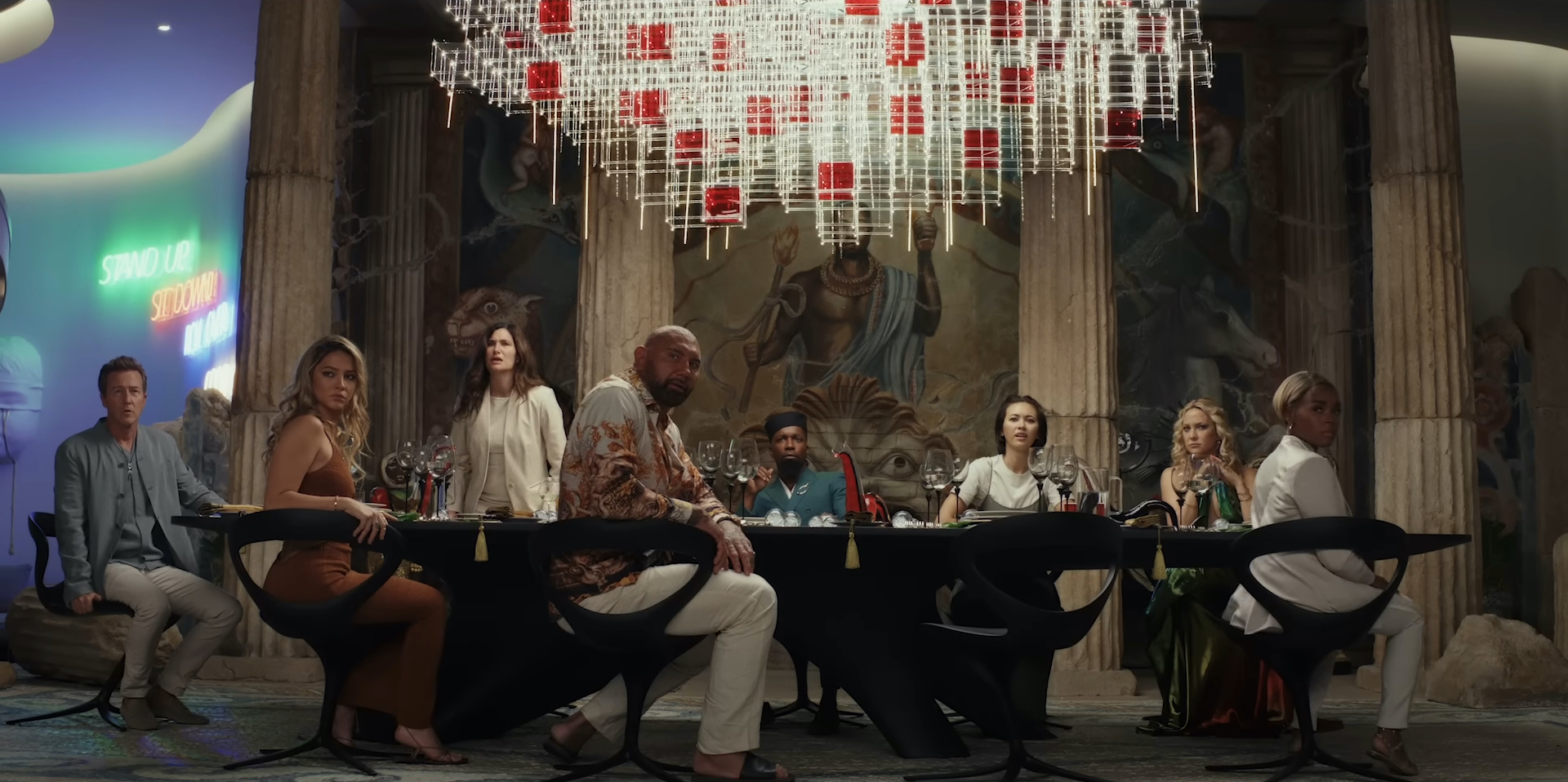
Glass Onion: A Knives Out Mystery (2022)
Rian Johnson once again proves himself to be a master of misdirection in Glass Onion: A Knives Out Mystery, targeting his biting satire at a private island of wealthy celebrities partying in the middle of the pandemic, and constructing around them a winding, hugely entertaining murder mystery as densely layered as the titular vegetable.
-
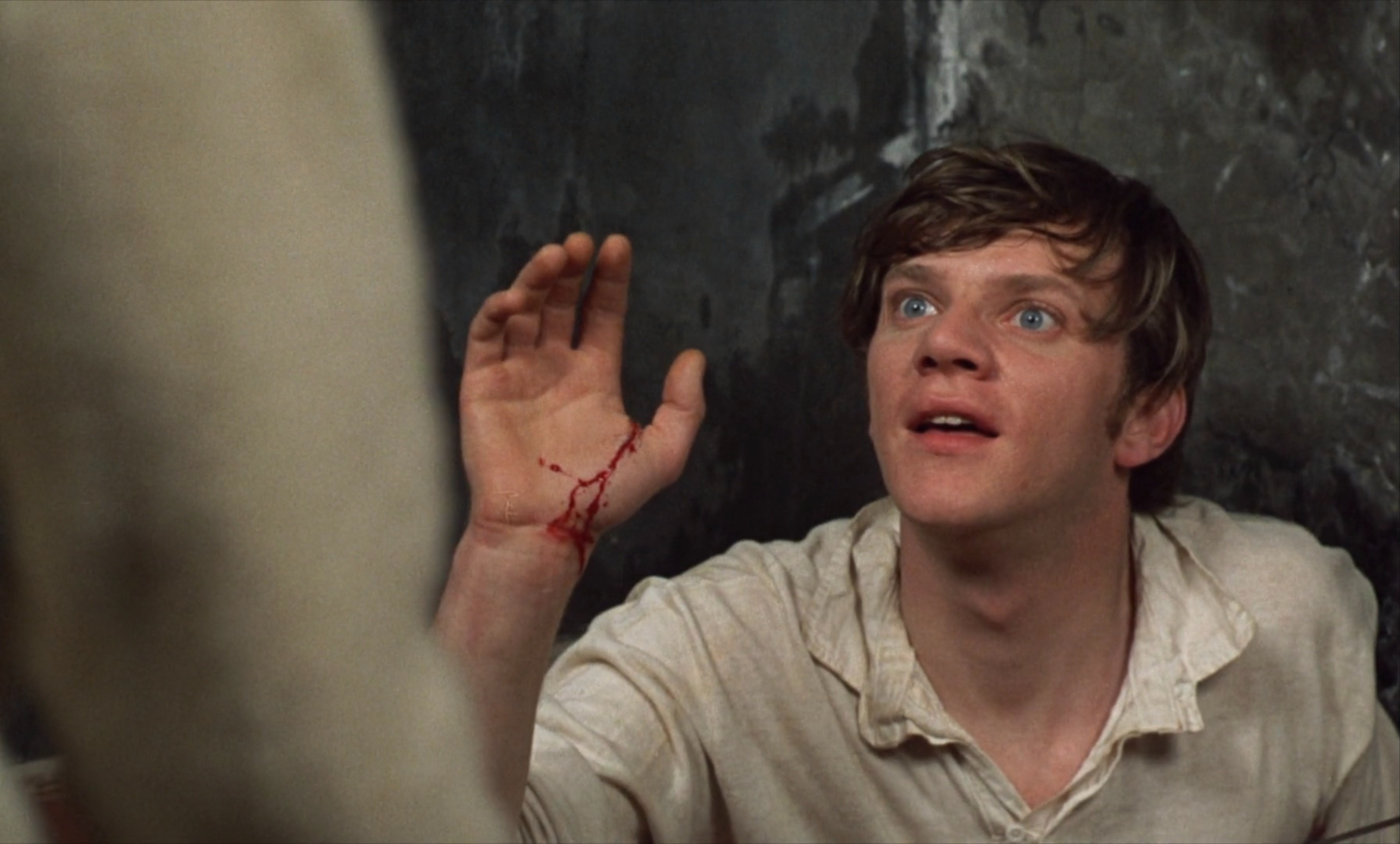
If…. (1968)
The implication of the title If…. is not a question, but an unfinished dream, as Lindsay Anderson conjectures a surreal world parallel to our own that assembles the strict hierarchy of a British boy’s boarding school into a pointed political allegory of tyrants, revolutionaries, and homoerotic power plays.
-

Avatar (2009)
Avatar may not be James Cameron’s most consistently flawless work, but it is certainly at least his most purely ambitious, using innovative digital technology to serve his incredible visual artistry and immersive worldbuilding, both of which place this rich, ecological allegory among the most monumental achievements of genre filmmaking.
